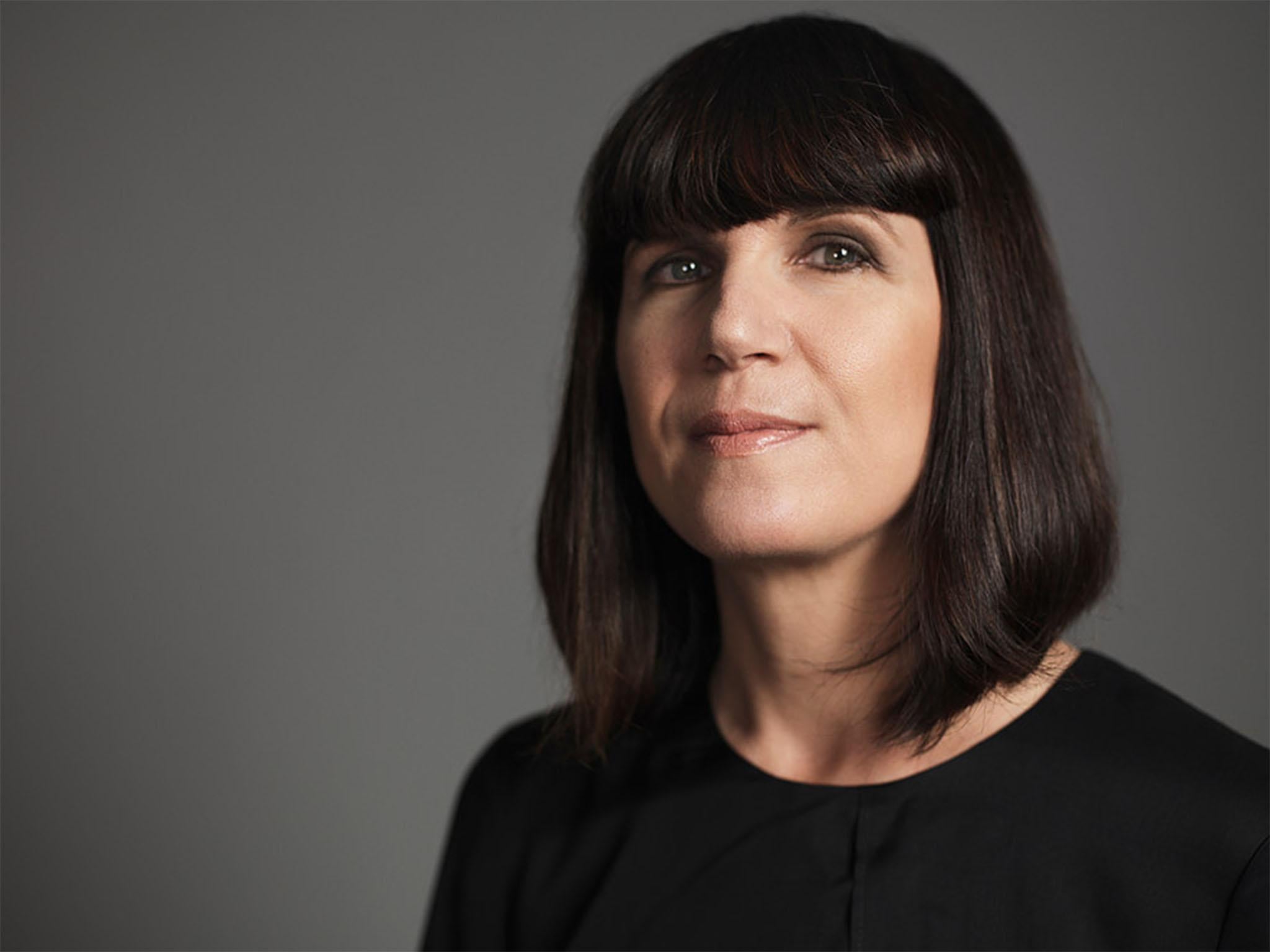Former Time magazine journalist sues publication for 'sex and age discrimination'
Catherine Mayer has accused her former employer of ‘male cronyism’

Journalist and Women’s Equality Party founder Catherine Mayer is suing her former employer Time magazine for gender and age discrimination.
The lawsuit comes after the publication of BBC salaries sparked international outrage over gender and race pay gaps at the public broadcaster.
Ms Mayer, who was fired from her position as an editor at the US publication, says Time violated anti-discrimination and civil rights laws through “a system of male cronyism by which men, especially former war correspondents were favoured over women in recruitment, dismissal and promotion decisions,” The Guardian reported.
The lawsuit was filed on 24 July after a private settlement could not be reached, Ms Mayer said.
“Initially what you want to do is move on with your life,” she told The Guardian.
“The last thing you want is to spend time thinking and worrying and going over all the stuff that has been painful. And as anyone in journalism will know, the other thing you don’t want to do is put yourself out there.”
Ms Mayer, who co-founded the Women’s Equality party alongside broadcaster Sandi Toksvig in March 2015, worked at the publication for eight years before being appointed to the role of Europe regional editor.
She said the paper appointed Matt McAllester, a younger male reporter, to be her deputy, despite an agreement that said she would be able to choose the members of her team.
Ms Mayer’s lawsuit claims Mr McAllester, who became the editor-in-chief of Newsweek earlier this year, “created an uncomfortable work environment at the magazine's London office, where “‘Non-macho’ men and women who did not conform to traditional expectations of gender roles did not fare well.
“Staff in London quickly concluded that McAllester was trying to oust plaintiff,” it continues.
The journalist claims that when she raised concerns with the magazine’s international editor, Jim Frederick, she was not given support.
“He responded simply, ‘You are two of my favourite people and I am sure you will find a way to work things out.”
She alleged the situation triggered serious health problems, including depression, migraines and insomnia.
Ms Mayer alleged that the company forced her to relinquish her title and later gave the position to Mr McAllester. Then, in April 2015, she was fired.
The journalist told The Guardian that she contested her dismissal immediately.
“There was never a point when I accepted this was a valid redundancy, and never a point when I didn’t fight back,” she told the newspaper.
“Of course money is relevant to this, but they were also doing me reputational damage.”
Ms Mayer, a dual citizen of the US and UK, said despite her role as an advocate for gender equality, she had hoped to keep her dispute with Time out of the public eye by reaching a private settlement.
After a settle could not be reached, Ms Mayer said she decided to take legal action in New York, where Time and its senior staff are based.
Neither Time magazine nor Mr McAllester could be immediately reached for comment.
Join our commenting forum
Join thought-provoking conversations, follow other Independent readers and see their replies
Comments
Bookmark popover
Removed from bookmarks